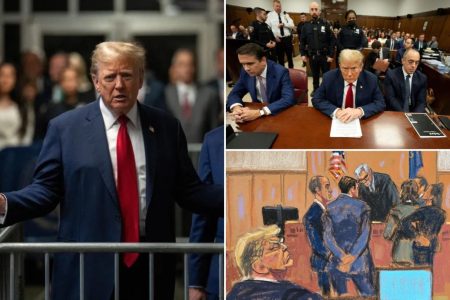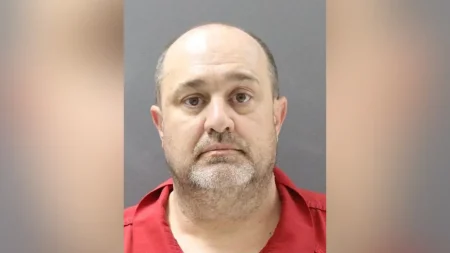US District Judge Aileen Cannon recently denied a motion filed by former President Donald Trump seeking to dismiss the criminal charges against him in his classified documents case. Trump argued that under the Presidential Records Act of 1978, he had the authority to designate sensitive documents as his personal property after leaving the White House. However, Cannon ruled that the Presidential Records Act did not provide a pre-trial basis to dismiss the charges against the former president, as the prosecutors did not reference this law in the indictment against Trump.
Despite denying Trump’s motion to dismiss the charges, Cannon left open the possibility for Trump to use the Presidential Records Act as a defense at trial. Special counsel Jack Smith had requested a ruling on whether Trump could use this legal theory as part of his defense, which the judge called “unprecedented and unjust.” During a hearing, Cannon mentioned that the Presidential Records Act argument might have some force as a potential defense at trial, leading to further discussion on the issue.
Smith, the special counsel, argued that the President does not have the authority to hoard classified material under the Presidential Records Act and that this law was not relevant to Trump’s alleged retention of national defense information. He criticized Cannon’s request for jury instructions related to the act, stating that it was based on a fundamentally flawed legal premise that could distort the trial proceedings. Smith suggested that an appeal to a higher court might be filed if Cannon insisted on including the Presidential Records Act in the jury instructions.
Trump was indicted in the classified documents case last year, facing 40 counts of willfully retaining classified material and obstructing justice by misleading federal authorities and his own attorneys when the material was sought. Despite the legal challenges related to his motion to dismiss the charges, Trump is scheduled to stand trial on July 8. The case highlights the complexities of legal arguments surrounding the Presidential Records Act and the potential implications for high-profile individuals like former presidents who handle sensitive government information. The outcome of this trial could set a precedent for how such cases are handled in the future.















